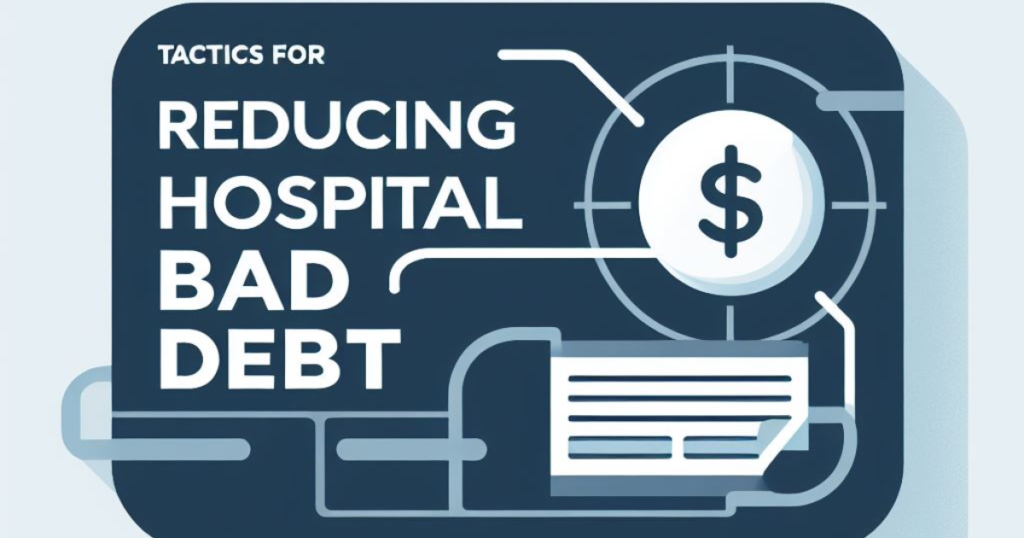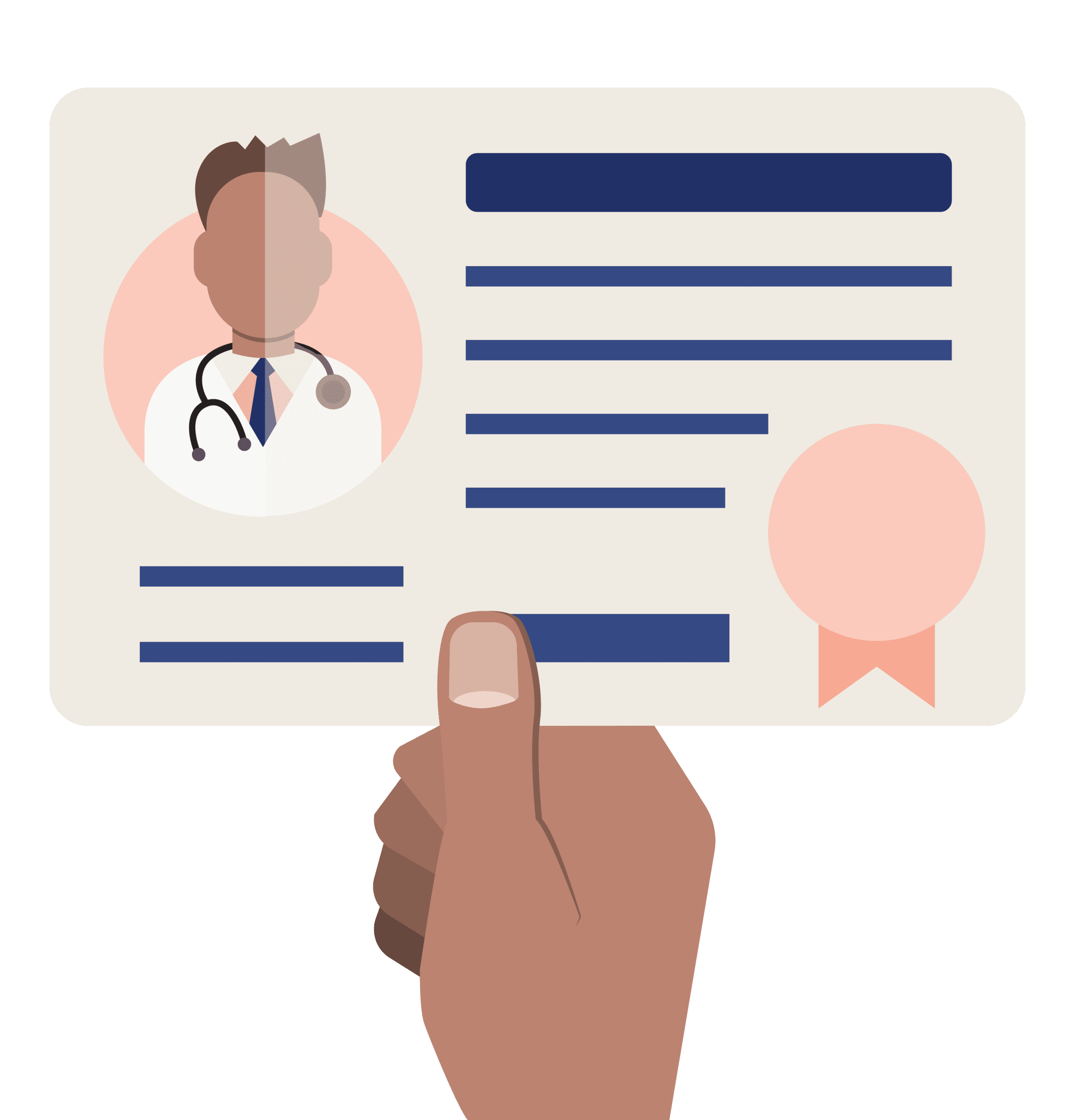Obtaining medical credentials and enrolling in a program are crucial steps in making sure patients receive high-quality care from certified experts. Delays are common during the process, which can be complicated and time-consuming.
You may raise your odds of success, though, by being well-informed and prepared.
Common Reasons for Delays
A. Lack of Proper Documentation
Proper documentation includes all the required information and certifications that the review board needs to verify your qualifications and credentials. This can include things like education and training certificates, licenses, and professional certifications.
To ensure that you have all the necessary documentation, it’s important to carefully review the requirements before applying. Keep in mind that different Healthcare Organizations may have different requirements, so it’s essential to research what is required for each specific application.
Tips to keep in mind while documenting:
- Create a checklist of all the necessary documents.
- Double-check everything before submitting your application.
- Keep copies of all the documents you submit.
- Can consider getting your documents verified or notarized to avoid any chance of authenticity doubt.
B. Incomplete or Inaccurate Information
Inaccuracies like incorrect records of dates, misspelled words, or false statements can delay the filing of your application. Numerous variables, including typographical errors, transcription mistakes, and a general lack of attention to detail, might contribute to these inaccuracies.
It’s crucial to double-verify all the information before submitting your application to prevent errors. This entails checking all the credentials, certifications, and paperwork you’re submitting as well as establishing the accuracy of all the personal data you provide, including your name, address, and phone number.
C. Failure to Meet Qualifications or Requirements
It’s important to understand what qualifications and requirements are needed for your specific application. These qualifications and requirements can vary depending on the Healthcare Organization and the type of provider you are applying to be.
Some common qualifications and requirements include:
- Education and training certificates
- Professional licenses and certifications
- Malpractice insurance
- Background check
- Criminal history check
- Drug testing
To research these requirements, you can start by
- Checking the website of the healthcare organization you are applying to.
- Go through the website’s FAQ section.
- Contact the review board directly/helpdesk.
Another proven and time-tested tip is to reach out to Credentialing & Enrollment partners. The team of Apaana Specialists knows in and out of the credentialing and enrollment process. At Apaana Healthcare, we provide valuable insights and tips on what to expect and how to prepare.
D. Past disciplinary actions or legal issues
Past disciplinary actions or legal issues can include things such as previous malpractice claims, criminal convictions, or disciplinary actions by professional boards. These actions can impact your ability to be credentialed and enrolled as a Healthcare Provider.
It’s important to understand that Healthcare Organizations take past disciplinary actions and legal issues very seriously. However, it’s important to remember that many Healthcare Organizations also have processes in place to review and address past actions and legal issues.
To address past disciplinary actions or legal issues, it’s a good idea to:
- Bring honest clarity to your application.
- Provide an explanation of the circumstances and measures you have taken to address and resolve the issue.
- Reach out to an attorney or a professional counselor who can advise you legally.
III. Preparation and Submission
A successful medical Credentialing and Enrollment application depends on careful planning and submission. Delays can result from mistakes or oversights committed throughout the writing and submission processes.
It’s crucial to gather and arrange all of your supporting material before submitting your application to guarantee that it is precise and comprehensive.
It’s important to read the instructions thoroughly and complete the application accurately before submitting it. Be sure to pay attention to the small print, including the submission deadline, format, and review board contact information.
Being patient is crucial because the evaluation and decision-making process can take some time. It’s crucial to address any problems or worries that arise during the evaluation process.
To make sure that your application is correct and thorough, the review board may ask for more details or supporting material. You can increase your chances of getting approved by swiftly and properly responding to any difficulties or concerns.
Conclusion
Since we are devoted to giving Healthcare Providers specialized solutions to their needs, the team of specialists at Apaana Healthcare is aware of the significance of Medical Credentialing and Enrollment. Our team of professionals can assist with the planning, submission, and appeals processes. If further aid is required, we can also do so.
Don’t let delays prevent you from giving your patients the care they need. To find out more about how we can guide you through the Medical Credentialing and Enrollment process, get in touch with Apaana Healthcare right away.






